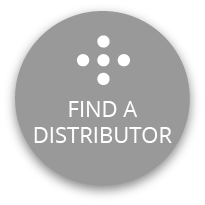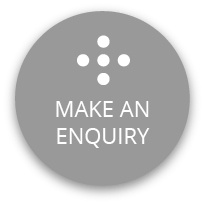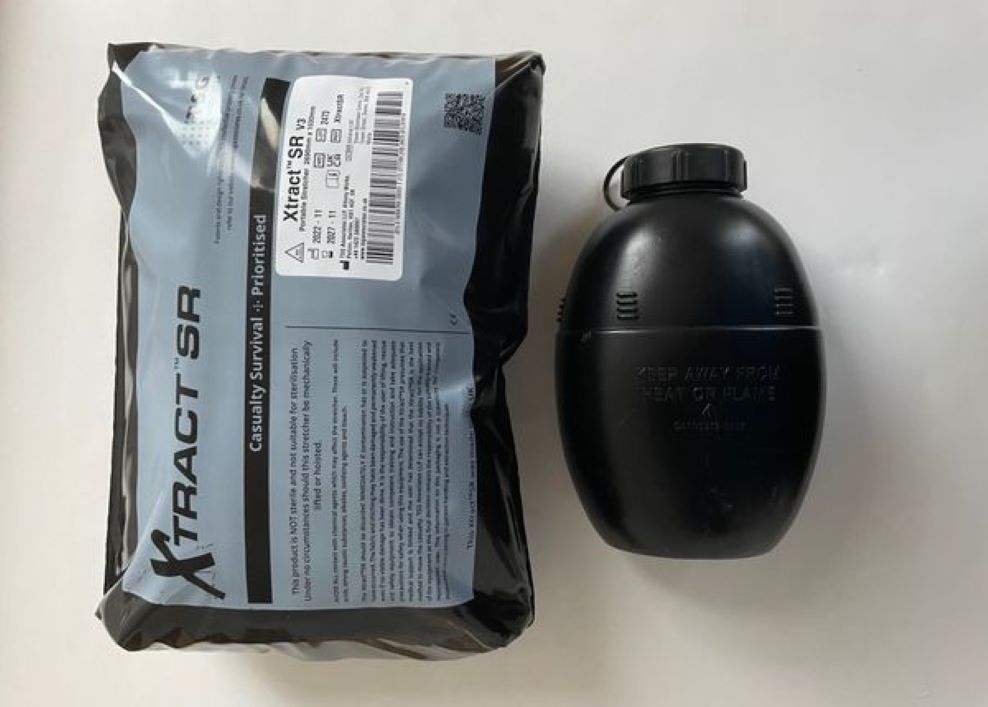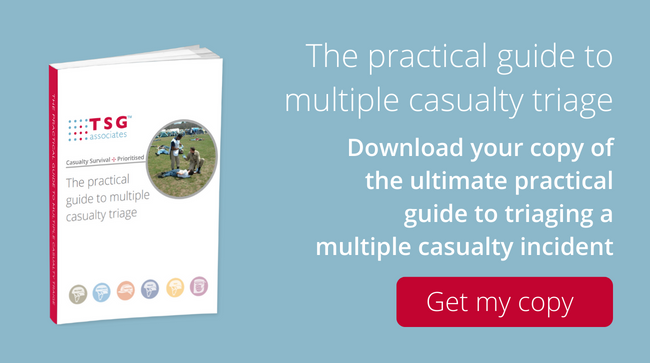


10/01/2023
Preparing your medical kit for a major incident
When you are called upon to attend a major incident where you will offer life-saving treatment for severely wounded casualties, it’s imperative that you can act quickly and decisively, with immediate access to all the equipment you need. Equipment that is cumbersome, unsuitable for the situation, worsens outcomes for casualties and makes it less likely that your primary objectives – to save lives and reduce suffering – will be achieved.
In this article, we discuss the main considerations to prepare your kit for a major incident so you can deliver effective emergency trauma care.
The major incident unique environment
In the majority of cases when emergency service colleagues attend a major incident can often be their first time at such a scene. The normal working dynamic of caring for one sick or injured person with adequate resources changes to being outnumbered and having to prioritise care to maximise survival. The environment can be complex, dangerous and dark, our fine motor skills are often minimal. To maximise our input our equipment must be functional and often both the items we select to take and how they are packaged have to be adjusted to work in this different environment.
The equipment must be suited to the type of casualty and arrive in the correct quantity
Understanding the mechanism of injury will help us select the correct equipment for initial response. Are the injuries predominantly penetrating, blunt, CBRNE, thermal or a mix of some or all. With an often limited capacity for space and weight you will have to quickly assess what will be the most appropriate mix of equipment and the volume required.
Equipment must be accessible
For casualties who require immediate life-saving treatment, every second counts. Delays in providing care could jeopardise their survival. Access to medical equipment must be carefully planned to allow for the loss of fine motor skills. Packing equipment so it has easy access and high visibility is important. Grouping items that are required for a specific type of injury should be considered, for example, if dealing with a catastrophic bleed having your packing gauze, haemostatic agent and tourniquet close together may well make the task of stopping a bleed a lot easier.
When you access your equipment it should be packed in such a way that “it talks to you” and packed with logic, ease of access and highly visible.
It’s not just the treatment equipment you will need
In a Multiple Casualty Incident (MCI), the priority is to save the lives of the most severely injured. Primary triage, using SmartTriage™ tags, will enable casualties to be grouped according to their clinical need and the probability of their survival. Multiple casualty triage guidelines prioritise care for casualties classified as priority one, so only medical equipment for life-threatening conditions should be taken to the scene.
Equipment must be protected from the environment
Working conditions within a major incident are often sub-optimal. Ground conditions in particular can be difficult with debris and body fluids causing contamination. If equipment is placed onto the ground if can quickly become contaminated and unusable. Any system designed for deployment during a major incident should avoid being put on the ground. Options such as hanging hooks, keeping them on the rescuer's body or creating a clean working zone should all be considered.
How can TSG help?
At TSG Associates, we supply a range of products which have been designed by people who have been involved in multiple casualty incidents, and who understand the challenges faced.
- Our SmartTriage™ kits are lightweight and compact so they can be rapidly deployed to support clinicians and first responders in the identification of casualties who need immediate life-saving care.
- The Xtract™SR Stretcher is designed for portability. Easily carried, it is available as soon as it is needed, with a patented design to cocoon casualties, protecting them from further harm and minimising movement while they are recovered to a safe place.
Contact us for more information
At TSG Associates, we can supply all the essential kits detailed on your medical triage checklist so, to find out more, please browse our website or call us on 01422 380097.










